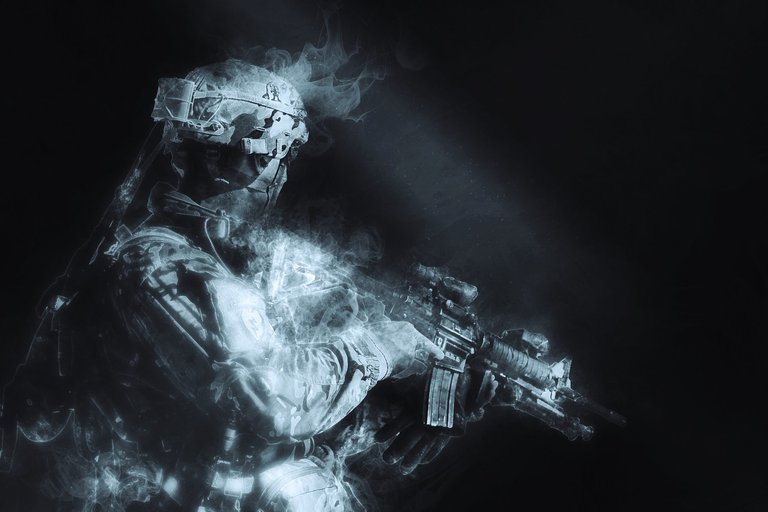THE company commander who occupied a post on the edge of the swamp gathered all the residents they met after one of his men was found dead with a missing M-16 long-barreled rifle. Regardless of the children or the elderly who were hunched over and short-sighted, all were asked to gather in the yard of the house of a village flower whose beauty was often described as a sweet and ripe mango hidden behind the thick leaves. Her beauty was now what brought disaster to all the residents. Maybe it was not beauty that was the source of the error, but the young soldier who visited the village flower's house alone.
Long before they were placed at the command post in the village on the edge of the swamp, even long before they were deployed in the conflict area, the soldiers had received an explanation of standard procedures, about what they were allowed and not allowed to do in the operational area. One of them, they were prohibited from wandering alone. To buy food at a stall located 100 meters from the post, there had to be at least two soldiers and report to the squad commander before and after leaving.
At first, the young soldier visited the village flower's house with three of his friends. Reportedly, he saw signs that his two friends had the same interest in the village flower. Secretly, he decided to visit alone, without telling anyone, including his squad leader. He left with a happy heart, but returned a corpse hanging from a tamarind tree.
His missing weapon already explained the perpetrator. His camouflage shirt was also removed and not found around the location. His wallet, along with some money and his military membership card, were also no longer in his pocket. The soldiers who contacted the ill-fated soldier's cell phone number explained that in the early morning, the number was still active. But a minute later it was no longer connected. It was easy to guess, his cell phone was also taken by the perpetrator.
The family of the village flower were the first to be called along with the village head, after which all the residents they met in every corner of the village. The commander had already spread threats before asking questions; "Don't give answers like you don't know or don't recognize them. We need the perpetrator's name!"
The name never existed because no one knew the perpetrator. The guerrillas had a strategy to act in other villages so as not to be recognized. Like soldiers under operational control or BKO, rebels are often assigned to other areas.
This short story can be read in full in the Indonesian language edition at the following link:

